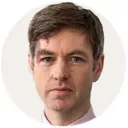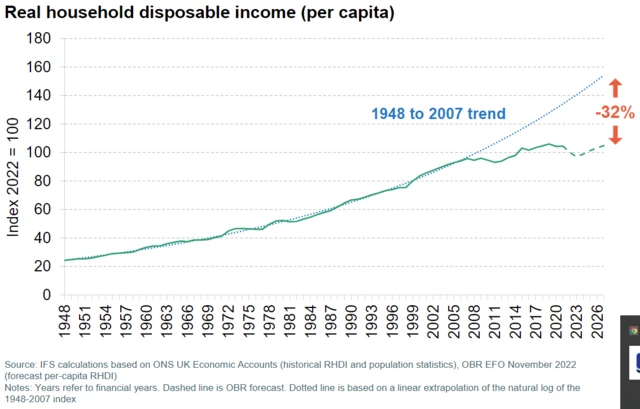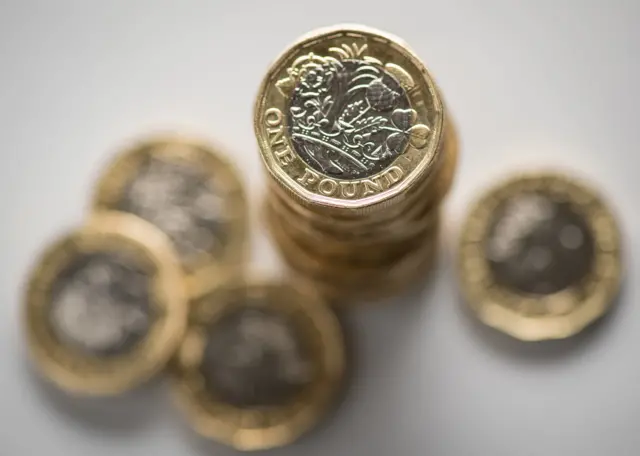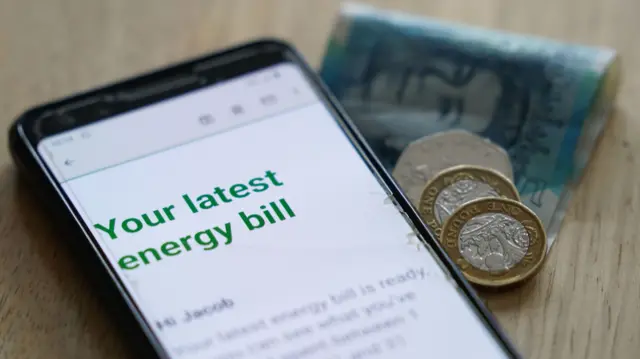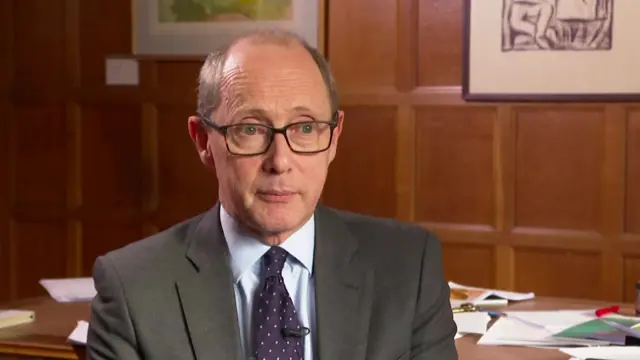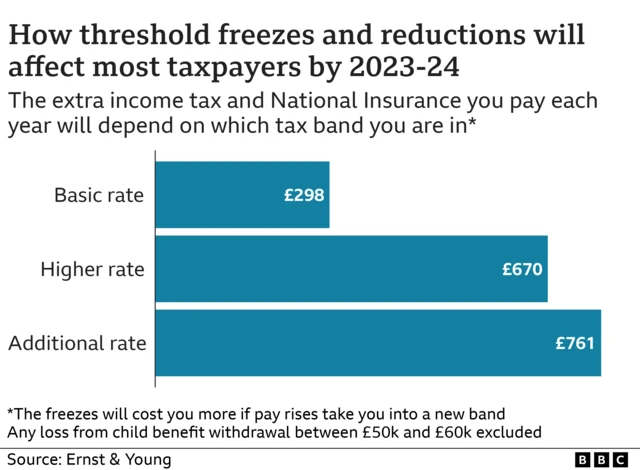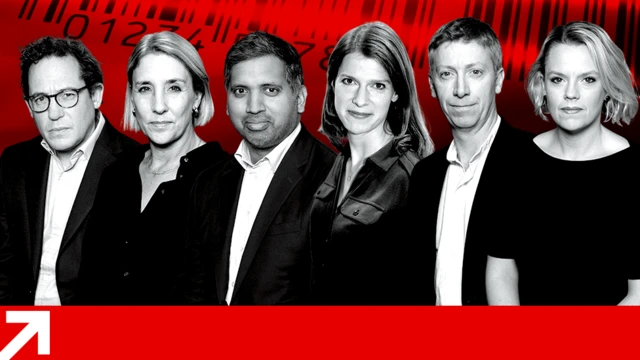Goodbye for nowpublished at 16:17 GMT 18 November 2022
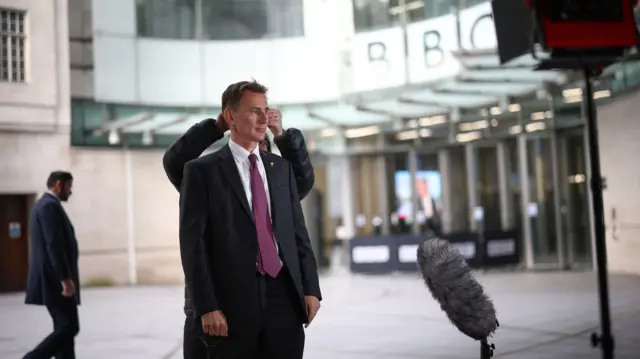 Image source, Reuters
Image source, ReutersFor more coverage of the Autumn Statement and full reaction to Jeremy Hunt's plan, here's a few other articles worth reading:
Our at-a-glance guide to the Autumn Statement is here
And check out what it means for you here
Find out why middle earners are "set for a shock" with taxes going up and prices soaring here
And check out the views of our BBC experts here to help you navigate the cost of living crisis here
A reminder you can find loads more on our politics and business pages.
Thanks very much for joining us.
Today's writers were Laura Gozzi, James FitzGerald, Marita Moloney, Jo Couzens, James Harness and Emily McGarvey.
The editors were Chris Giles, Alexandra Fouché and Jeremy Gahagan.
